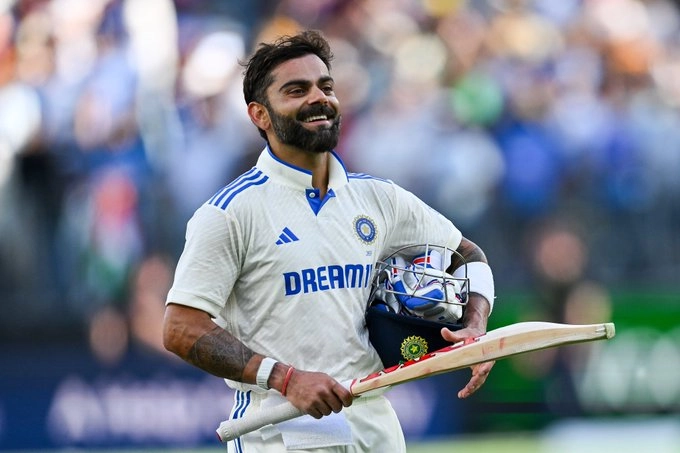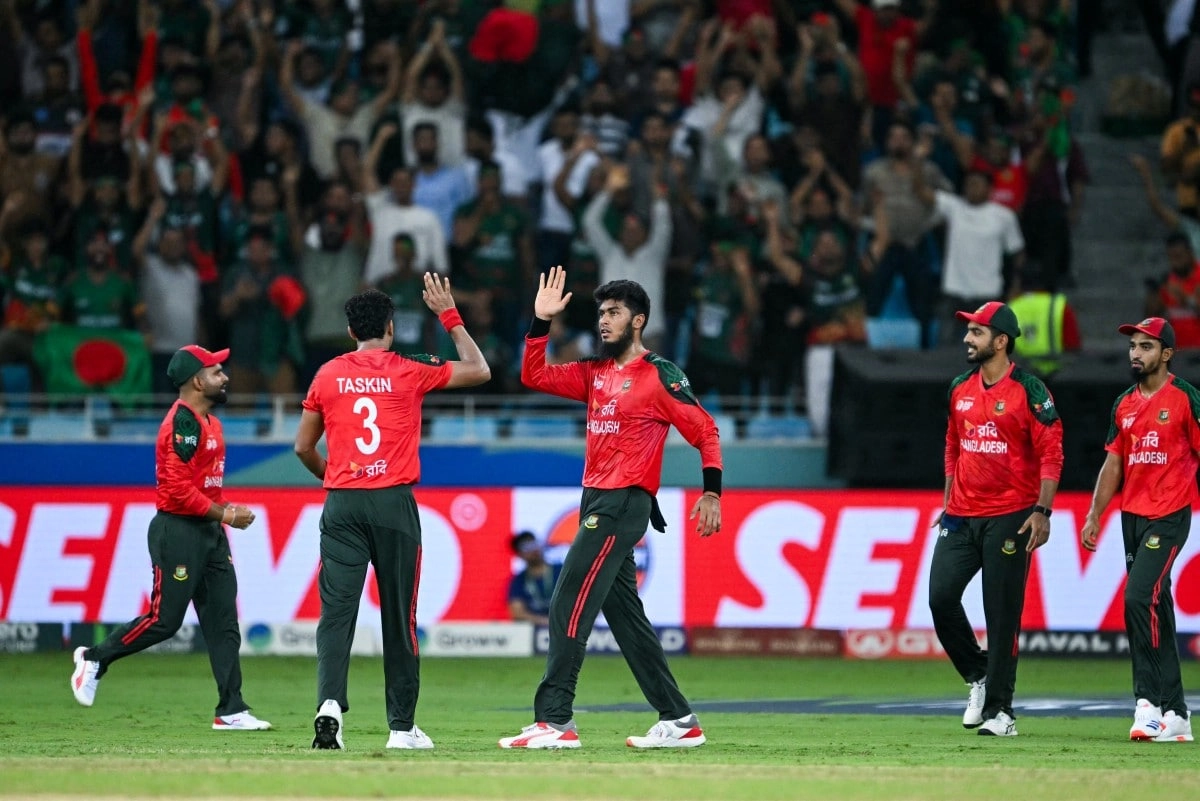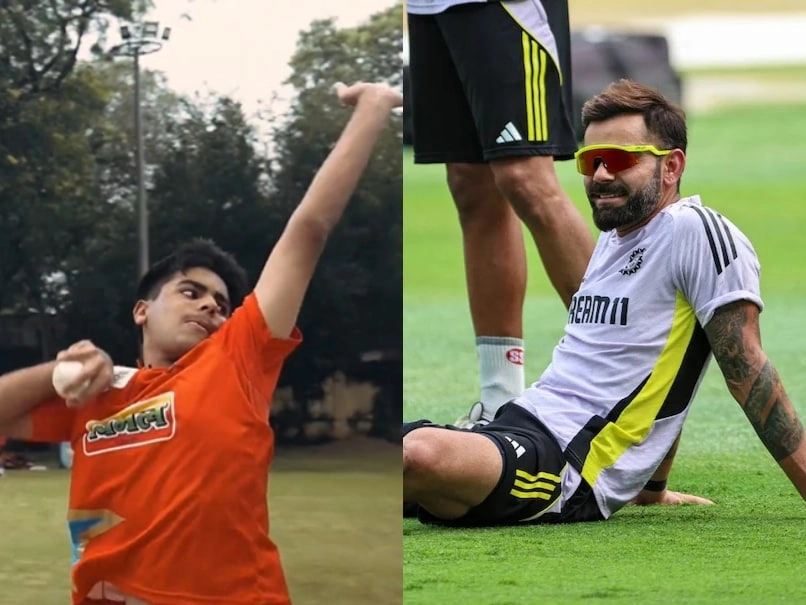Recent reports have ignited speculation regarding the sudden retirement of former Indian cricket team captain Virat Kohli, suggesting that a significant shift in leadership dynamics within the Board of Control for Cricket in India (BCCI) may have played a crucial role in his decision. Kohli, who has long been a central figure in Indian cricket, stepped down from captaincy in the T20 format after the T20 World Cup in 2021 and later announced his retirement from One Day Internationals (ODIs). These developments raised eyebrows among fans and analysts alike, particularly given Kohli’s stature and contributions to the sport.
Sources indicate that the BCCI’s apparent U-turn on captaincy strategy, especially concerning the leadership roles across different formats, has created an atmosphere of uncertainty. It has been reported that Kohli was not in favor of splitting leadership roles, which could have led to a diluted sense of direction and coherence within the team. The shift in captaincy strategy may have caused friction between Kohli and the BCCI, particularly as it became clear that there were differing opinions on how best to lead the Indian cricket team into the future. This discord could have contributed to Kohli’s decision to step away from captaincy and, ultimately, to his retirement from ODIs.
Moreover, Kohli’s retirement could be seen as a culmination of pressures both on and off the field. The intense scrutiny that comes with leadership in international cricket, coupled with the BCCI’s evolving policies, may have led Kohli to reassess his role within the team. His decision to retire could signify a desire to focus on his performance as a player rather than being burdened by the expectations and responsibilities of captaincy. In this light, it becomes evident that the dynamics within the BCCI and Kohli’s subsequent decisions are closely intertwined, shedding light on the complexities faced by athletes at the highest level.
In summary, the implications of the BCCI’s changes in captaincy and the subsequent reaction from Virat Kohli highlight the intricate relationship between player management and performance in professional sports. Kohli’s legacy in cricket remains significant, and his departure from captaincy has profound ramifications for the Indian cricket landscape. Fans and analysts will undoubtedly continue to follow these developments, eager to understand how such leadership decisions will shape the future of the team and influence the next generation of cricketers. The interplay between administrative decisions and player careers is a crucial aspect of sports that often goes unnoticed but can have lasting effects on both the individuals involved and the teams they represent.




